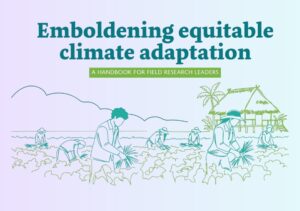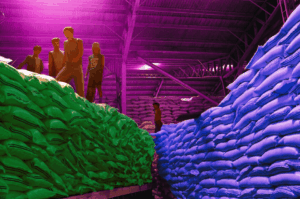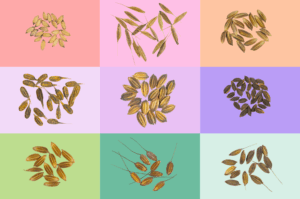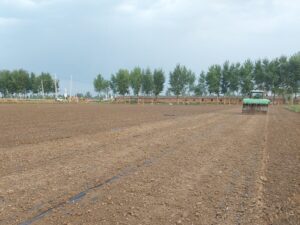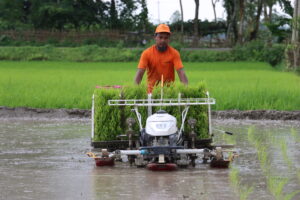Women have key roles on the front line in food systems including in times of crisis and their engagement is vital to overcoming global threats and achieving shared global goals including food and nutrition security and prosperity for all and leaving no one behind. This was the key message of Ranjitha Puskur, a socio-economist specializing in agricultural innovation systems and gender at IRRI, in her presentation, Social and Gender Equity and Rice Agri-Food Systems Transformation: Catalysing the Symbiotic Relationship at the 6th International Rice Congress.
“When men migrate to urban areas it is the women who are left behind to take care of the household including farming and elderly and children,” said Dr. Puskur. “This means more women are now managing farms and making decisions.”
However, evidence shows that women-managed farms are less productive than those managed by men due to the persistent gender gaps in access to productive resources.
While women are vulnerable, they have also demonstrated that they can be agents of change in times of crisis. According to a study, a woman farmer turns every USD 1.00 investment into USD 31.00 that benefits herself, her family, and the community. Global GDP would increase by a trillion USD if we bridged the gender gap in productivity and the wage gap in agricultural employment.
“We need to work with the women and help them help us achieve our SDGs,” stressed Dr. Puskur.
Read the story @IRRI



